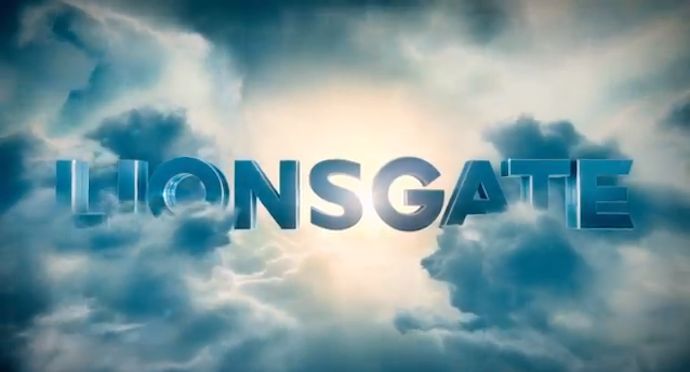Lionsgate Unveils New Opening Logo At CinemaCon


After the six major studios got their turns in front of CinemaCon 2013 attendees, Lionsgate finished off the Las Vegas theatrical convention with pizzazz. Coming out of what has been called its breakout year in 2012, the studio—founded in Canada in 1997—unveiled a new corporate logo to accompany its new-found success. In fact, last year Lionsgate became the first nontraditional major studio to break the $1 billion mark at the domestic box office in a single year. In addition to the new static logo, the company introduced an animated version that will introduce films, replacing the classic golden gears opening sequence moviegoers have come to love.
“Lionsgate has always distinguished itself in the marketplace with bold, original and provocative films and TV shows, and our company’s character is defined by our innovation, ingenuity and willingness to think outside the box,” Lionsgate marketing chief Tim Palen said of the new logo.
And the new sequence is certainly bold. Gone are the golden gears, the keyhole, the gate with the original lion logo. There are still clouds, more than you can imagine. And the lion is still there—if you look for it. The new intro begins in space, and for just a moment the stars come together to form the classic lion in constellation form.
“It would have been really easy to say, ‘OK, we want to freshen our logo. Let’s go buy a new gate,‘” Palen told the New York Times. “But it’s hard to make a gate exciting. We decided to be bold.”
After wowing crowds with its new logo, Lionsgate continued to entertain convention goers with a presentation of upcoming films highlighted by a series of stars—including Morgan Freeman, Harrison Ford and “The Hunger Games” star Elizabeth Banks—instead of a bunch of its suits. The presentation included extended previews of upcoming flicks such as “Hunger Games: Catching Fire,” and “Ender’s Game.” Other films previewed include “Much Ado About Nothing,” “Now You See Me,” “Let Me Explain” and “Red 2.”
After Canadian businessman Frank Guistra founded Lionsgate to take advantage of Vancouver’s prevalent films industry in 1997, he spent the first few years acquiring one film company after another. After what seemed an endless stream of limited-release independent films, Lionsgate first found major success in 2000 with the release of “American Psycho.” Although Lionsgate is well-known for its artistic and thought-provoking films, it has also produced more prurient fare, such as the “Saw” movies. Its recent success—establishing its foothold as the seventh major Hollywood studio—can be attributed to films that were largely geared toward a female demographic, but ultimately became major blockbusters: The “Twilight Saga: Breaking Dawn Part 2” and “The Hunger Games.”































